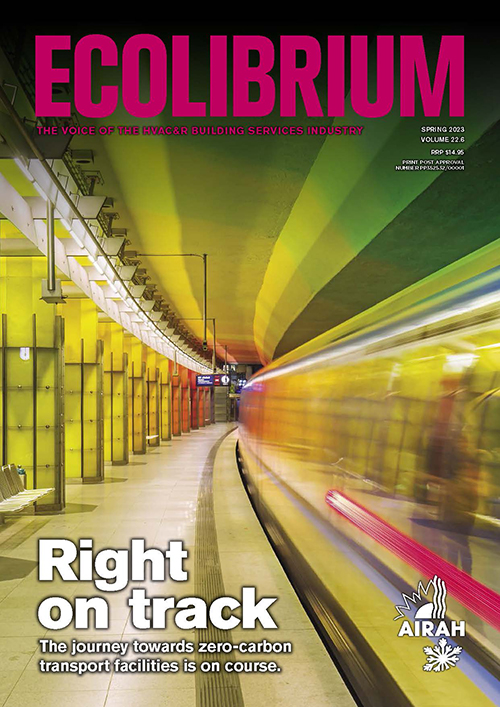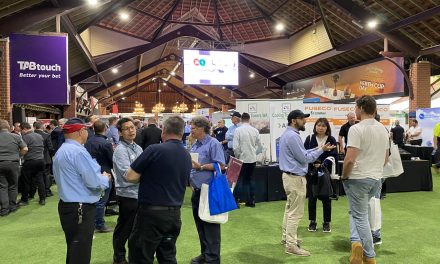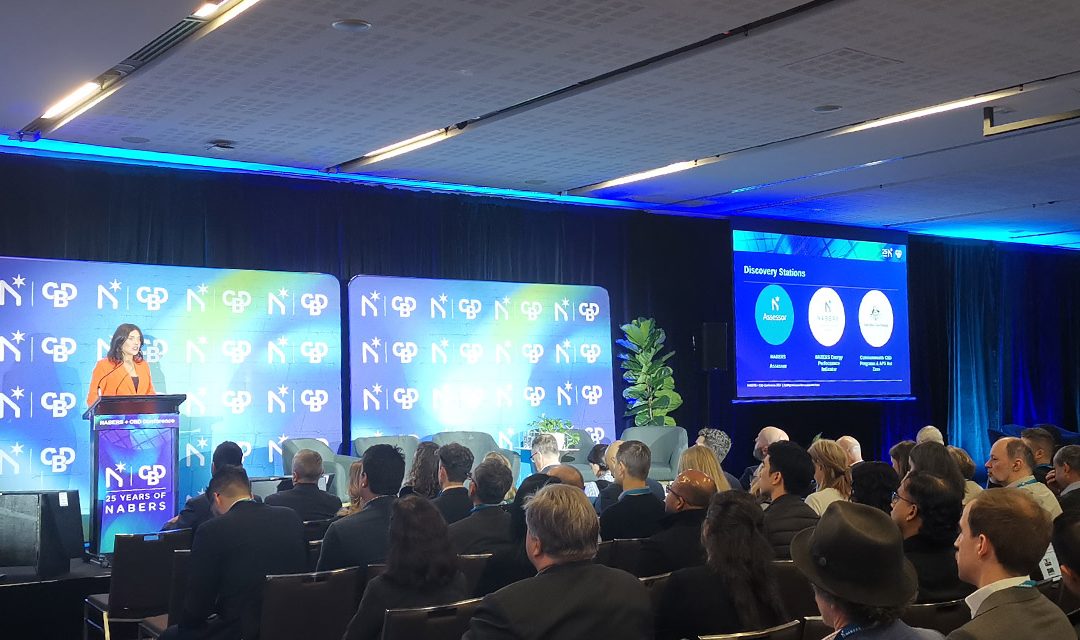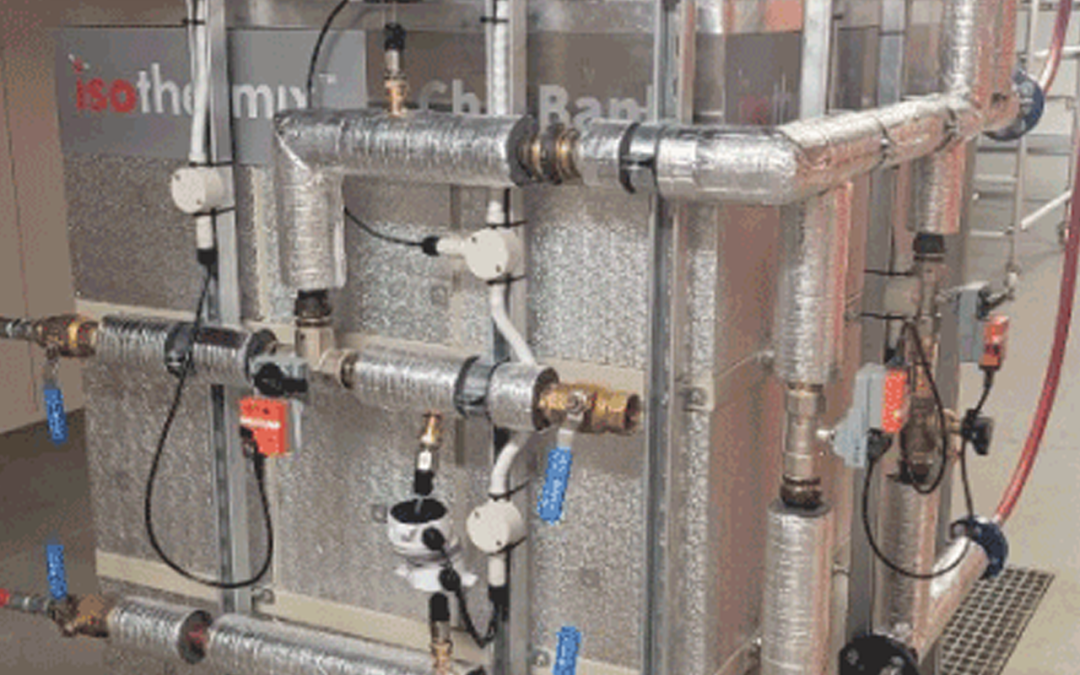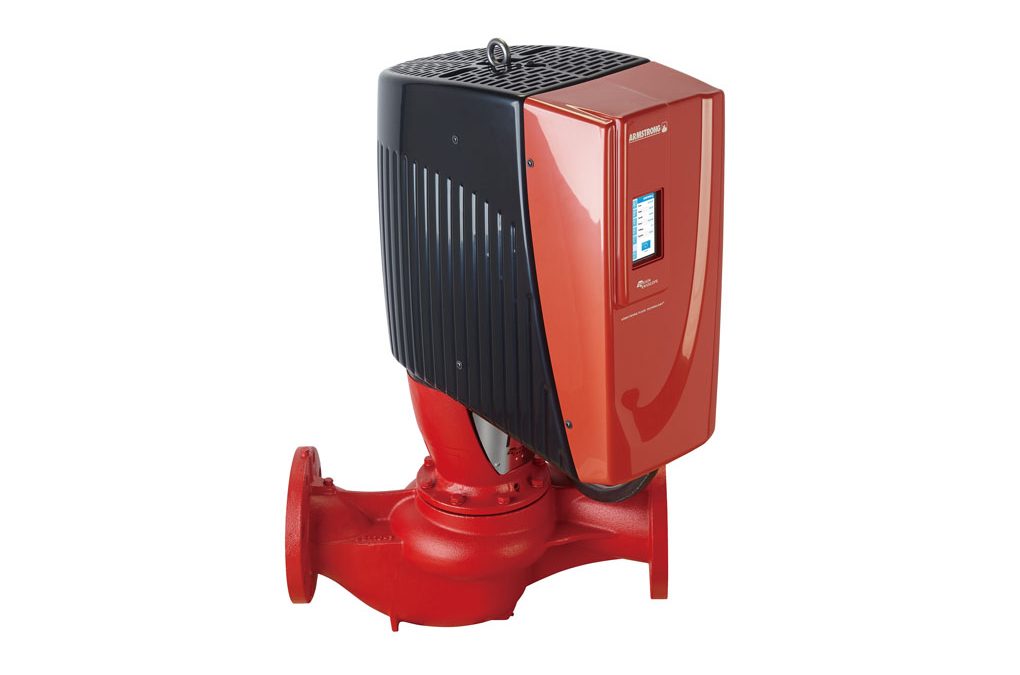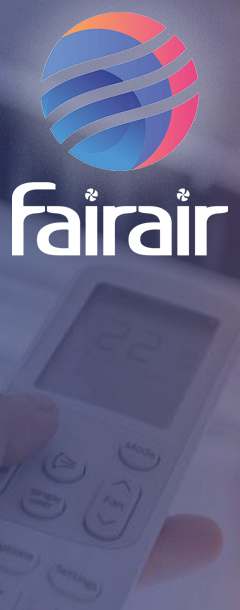Most people – particularly the younger generation – prefer to do something that also adds value to the world, writes Professor Gayle Avery.
Does your work actually matter – to you? To your employees? Answers to these questions are important because today many employees are looking for meaning and purpose in their work, in addition to receiving a paycheque. Most people – particularly the younger generation – prefer to do something that also adds value to the world.
Value and purpose
Although different people will find different activities worthwhile, meaningful work refers to the belief that what you do has value, significance, or meets some higher purpose. People feel fulfilled and valuable in a role with meaning, knowing that their day-to-day efforts are appreciated and connected to something that is beyond just earning a living.
Providing work with meaning is proven to help your business in many ways, including:
- Attracting the talent to work on your team
- Employees stay longer
- Workers are more motivated and productive
- Promotes employee health and wellbeing.
Most people want to contribute and make a positive impact. Volunteers who donate their time and expertise to causes bigger than themselves are a good example of this. Many experts have contributed to Wikipedia, Wikispeed and other major projects without being paid a cent. They were driven by the significance of what they were doing.
On the negative side, having to do work that has no obvious positive impact is a form of alienation, and research shows that alienation in the workplace lowers employee performance.
Clearly, not all employees work on the frontline where their contribution to the overall shared goal is obvious. Every firm needs employees who contribute from the back office and may well feel a long way removed from that positive impact. In this case, managers need to show staff how their work is contributing to the firm’s purpose.
“Meaningful work refers to the belief that what you do has value, significance, or meets some higher purpose.”
We save lives
How do people find meaning at work? Some organisations have an explicit purpose that individuals can readily share. The HVAC&R industry offers many opportunities for this kind of meaningfulness.
For example, engineers who install ventilation for operating theatres in hospitals or who specialise in environmentally friendly air conditioning systems have an inspiring social purpose to draw upon beyond, “We install ventilation”. Their motto might be reframed as, “We save lives” or ,“We save the planet” to point out the significance of their work.
Some people derive meaning from the projects they work on. Here I think of professionals who gain considerable satisfaction and purpose from resolving complex design or technical challenges. High-level problem solving itself can be very rewarding and add purpose to a job, as can knowing that one’s skills help other team members and advance the project itself.
But where do employees find meaning in workplaces where there is no explicit purpose and projects are routine? Here, managers can help their employees derive meaning from the actual projects they are involved with by pointing out the benefits to the end user. Instead of saying, “Let’s install an air conditioner”, say, “Let’s make these clients more comfortable” or, “Let’s give these people clean air to breathe”. This turns a routine job into a valued way of spending one’s time and skill to help the end user. And this awareness benefits the business.
Three indicators of meaning
The Harvard Business Review* recently identified three indicators that employees use to assess meaningfulness at work:
- A feeling of worth: they receive appreciation and recognition, feel trusted and are included in important work activities.
- A feeling of care: others offer their help when things get stressful at work.
- A feeling of safety: they are encouraged to raise their concerns about a problem.
Reflect on these three criteria and think about what gives you meaning at work.
* HBR, July 2023 available at https://hbr.org/2023/07/what-makes-work-meaningful
Like to know more?
Dr Gayle Avery is the co-founder and director of the Institute for Sustainable Leadership.
Contact Gayle: Gayle.Avery@instituteforsustainableleadership.com
For more information about the Institute for Sustainable Leadership’s 2024 scholarships in Sustainable Leadership for women in engineering (and their allies), go to https://virtualclassroom.instituteforsustainableleadership.com/iwd-scholarship-application/
